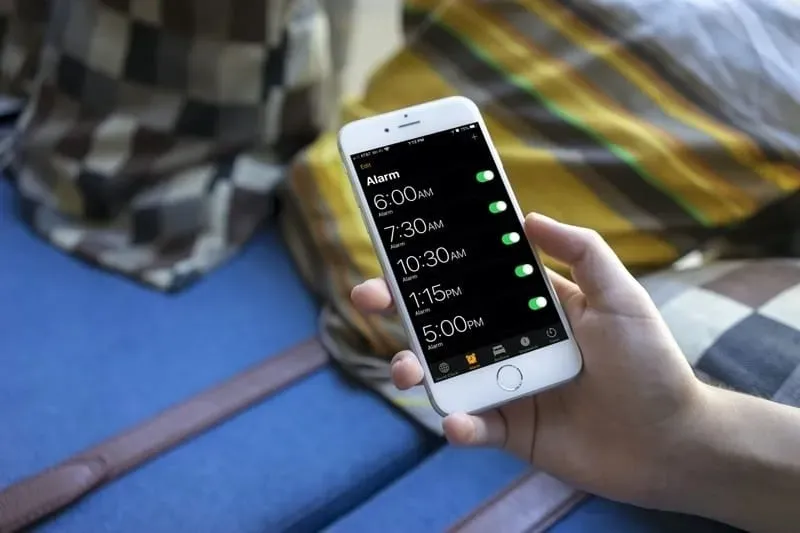Bad startup ideas

Back in 2010, I was working at Google and dreaming of starting a company. Most days, my friend Saurya and I would stay late to discuss startup ideas while mindlessly volleying a ping pong ball back and forth. We didn’t do much building, but our ping pong game improved tremendously.
I’m sad to say that pretty much all of these ideas were bad. But I think they were bad in useful ways, at least. Let me show you what I mean.
Too small
Many of the ideas were just way too small. As an example, the first idea we had was an alarm clock app. Why did we want to build an alarm clock app? I’m not sure if we even did, to be honest. The iPhone was new. Everyone was building apps. So we just started doing it. And then we kept doing it, because we’d already started doing it. And then all of a sudden, we were alarm clock entrepreneurs building an alarm clock app that I don’t think anybody would have ever downloaded even if we gave it away for free.
This is something that I see all the time. Would-be entrepreneurs want to build something, so they start building the first thing that pops into their heads that is vaguely “on trend” or related to their direct, personal experience. And then they just keep building it, without stopping to think about whether or not they’re building something people want.
Too obvious
The second idea we had was an app that shows you what your friends are doing nearby. This idea is a bit better at first glance, but it’s plagued by another common problem…it was way too obvious.
Remember, we were smack dab in the middle of the “SoLoMo” startup era. Foursquare, the company that perhaps best represented the “social, local, mobile” trend, had just launched at SXSW and raised a massive $20M round from a16z. Uber (an app made newly possible by using your mobile phone’s location) was a year old. Instagram (an app made newly possible by using your mobile phone’s camera) even less. And every recent grad who had just moved to a city and wanted to hang out with their friends had pretty much the exact same idea at the exact same time: what if I could use this handy phone in my pocket to see what my friends are doing nearby?
To be fair to my own idea, just because something is obvious doesn’t mean it’s a bad idea. But the bar is much, much higher. At minimum, you need a credible case for how you’ll win against the hordes of entrepreneurs who are building something similar. That’s hard, but not impossible. Where most of these ideas go astray, however, is they assume that if an idea is “obvious” then people must want it. That’s rarely the case. The startup world is littered with these sorts of “sexy but bad” startup ideas. Rather than starting with an “obvious” idea whose time has clearly come (and assuming that means customer demand will follow), just make something people want. Much easier.
I bring this all up because, similar to the 2010s and the rise of the iPhone, we are currently in the midst of another era of startup ideas all inspired by the sudden emergence of a new technology: LLMs and generative AI.
Almost every founder we talk to these days is building something powered by AI. Many of these founders are talented. But they’re working on ideas that are either too small, too obvious, or both. Lured by the capabilities of LLMs, they’re working on ideas that are “of the moment” rather than building boring solutions that people want to buy.
On the one hand, I get it. New eras in technology are incredibly exciting. I don’t blame anyone for wanting to work in the center of it all. But all I can say is…learn from my bad ideas. And don’t worry if your first idea may be a bit too small or a bit too obvious. That’s all right. Toss it aside. Move on to the one. And keep going until you find real people with a real problem that you can solve…whether AI is involved or not.